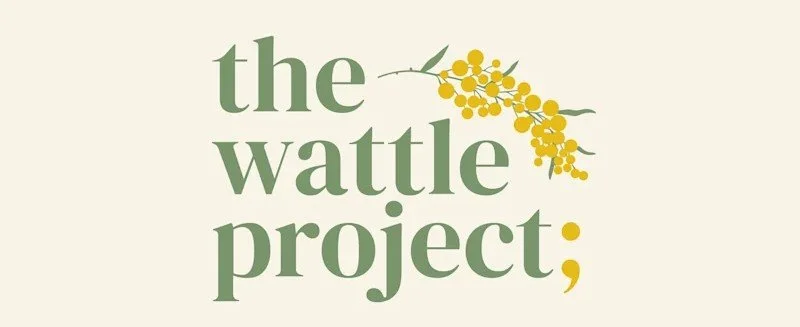How to Spot the Signs – And Support Someone With an Eating Disorder
Eating disorders don’t always look the way we expect them to. And often, the people struggling the most are the ones who are the best at hiding it.
That’s why learning the signs and knowing how to support someone can make all the difference, especially in rural communities, where help can be harder to find.
This blog is for you if you’ve ever thought “Something doesn’t seem right,” but didn’t know what to do next.
What to look for
Everyone’s experience is different, but here are some common signs and symptoms that may indicate someone is struggling with an eating disorder:
Physical signs
Noticeable weight changes (but not always—people can have an eating disorder at any size)
Fatigue, dizziness, or fainting
Sensitivity to cold
Hair thinning or dry skin
Digestive issues
Behavioural signs
Skipping meals or avoiding eating in front of others
Obsessive calorie counting, weighing, or excessive exercise
Disappearing after meals
Secretive behaviour around food
Rigid food rules (e.g., only eating certain foods or at certain times)
Emotional and mental signs
Preoccupation with food, weight, or body image
Low self-esteem or feelings of guilt/shame after eating
Anxiety, depression, or social withdrawal
Difficulty concentrating or seeming “distant”
These signs can be subtle and might develop over time. If you notice a few of these in someone you care about, trust your gut and check in with them.
What you can do
It can feel scary bringing this up, especially if you’re worried about saying the wrong thing. But showing care, listening without judgement, and gently encouraging them to seek help is a powerful first step.
Here’s how you can offer support:
💛 Start with care, not criticism
Try: “I’ve noticed you’ve been a bit withdrawn lately, and I just wanted to check in. How are you going?”
🚫 Avoid comments about appearance
Even if you mean well, phrases like “You look healthy” or “You’ve lost weight” can be triggering.
👂 Listen without trying to ‘fix’ it
You don’t need to have all the answers. Just listening, validating their feelings, and being there matters more than you know.
📲 Encourage professional help
You can suggest a GP, psychologist, or a support service like the Butterfly Foundation or InsideOut Institute. If they’re in a rural area, telehealth can be a great option.
🤝 Keep showing up
Recovery is a long journey. Continue checking in, celebrating the small wins, and reminding them they’re not alone.
What not to do
Don’t shame or blame them
Don’t make it about food or weight alone
Don’t try to force them to change, you can’t recover for them
And remember…
You don’t have to be an expert to help someone feel less alone. You just have to care and be willing to listen.
At The Wattle Project, we believe in the power of rural communities to support each other. We also believe everyone deserves access to the right help, at the right time, no matter where they live.
If you or someone you know is struggling, you can contact:
Butterfly Foundation – Call 1800 ED HOPE (1800 33 4673)
InsideOut Institute – insideoutinstitute.org.au
Your local GP or mental health provider
Lifeline – Call 13 11 14 (24/7 crisis support)
000 – For emergencies
If you’d like to see more resources like this, or to bring a Wattle Project workshop to your community, we’d love to hear from you.
You’re not alone. And help is out there.
